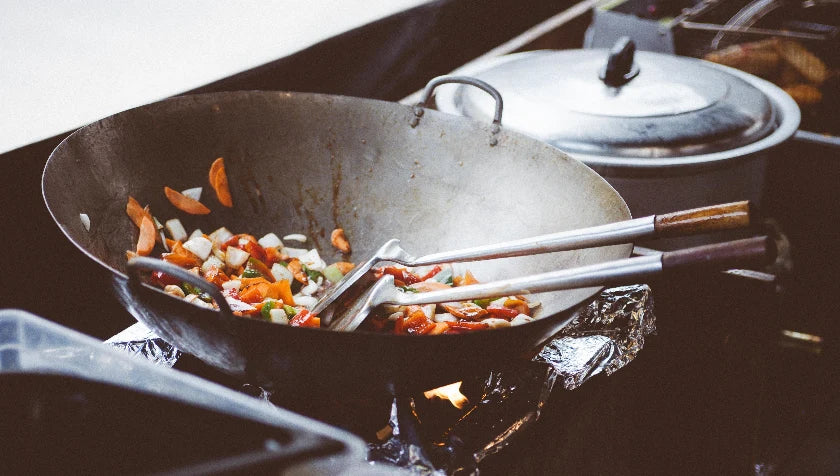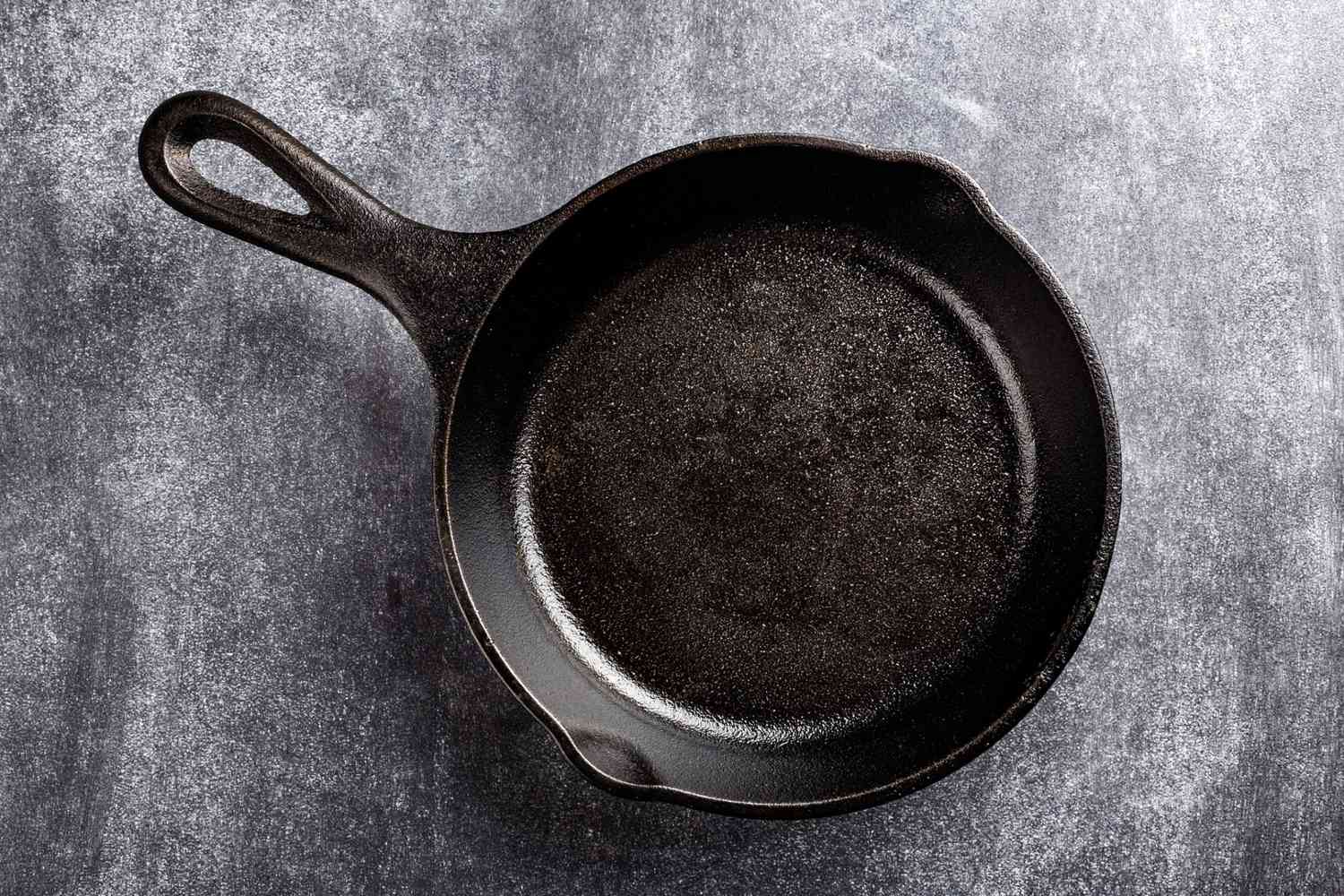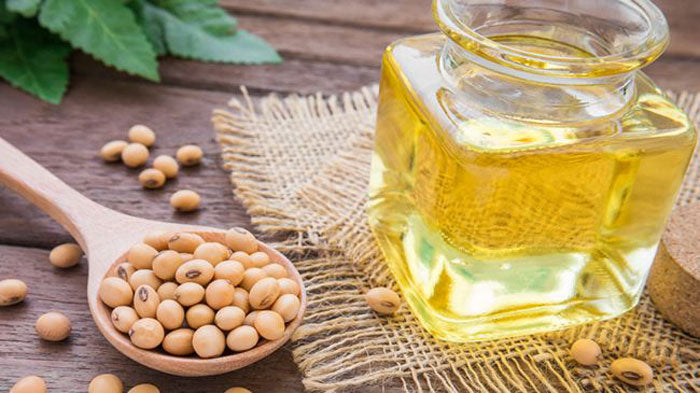When you acquire a new wok, one of the most important things to understand is how to prep a new wok before diving into your culinary creations. Proper preparation is not just a prerequisite; it is the key to unlocking the true potential of this versatile cooking tool.
This guide is designed specifically for kitchen professionals who seek to maximize the performance of their woks. Whether you're an experienced chef or just starting in the kitchen, preparing a wok correctly can enhance your cooking experience immeasurably.

Why Preparation Matters
Preparation is crucial when it comes to working with a new wok. It ensures that the wok performs optimally and lasts for years. A well-prepped wok allows for even heat distribution and prevents food from sticking. In addition, a prepared wok helps to develop a natural non-stick surface that grows with every use.
Steps to Prep Your New Wok
1. Wash Your Wok
The first step is to thoroughly wash your new wok. Even though it may look clean, washing it with soap and water removes any manufacturing residues or oils. Use a soft sponge to avoid scratching the surface and rinse it thoroughly.
2. Dry Your Wok Completely
After washing, its essential to dry your wok completely. Leaving moisture on the surface can lead to rust. You can either air-dry your wok or use a kitchen towel to wipe it dry. If you use a towel, ensure that it does not leave any lint behind.
3. Season Your Wok
Seasoning is a critical process when learning how to prep a new wok. It helps build a non-stick patina over time. Generally, the seasoning process involves applying a thin layer of high-smoke point oil, such as canola or grapeseed oil. You can follow this link to learn more about what seasoning means.
4. Heat the Wok
Place your wok on medium-high heat. As it heats up, the oil should shimmer, which indicates that it is ready for the next step. Be sure to rotate the wok to ensure that the oil covers the entire surface.
5. Cool Down and Store Properly
After the wok has cooled down, store it in a dry, well-ventilated spot. Avoid stacking other cookware inside it, as this can scratch its surface. For more detailed information on how to season your wok, visit this link.

Common Mistakes to Avoid
Not Seasoning Properly
One of the biggest mistakes novice chefs make is skipping the seasoning process. This can lead to a poorly performing wok. In addition, it may not develop the essential non-stick patina necessary for optimal cooking.
Using the Wrong Oil
Using an oil with a low smoke point can ruin your wok's seasoning. Always stick to high smoke-point oils for best results. For tips on the best oils, check out this guide.

Maintaining Your Wok
After you master how to prep a new wok, it's vital to maintain it. Regular cleaning after each use will help preserve its seasoned surface. Avoid using soap, as it can strip away the seasoning. Simply rinse with hot water and scrub with a soft sponge.
Storing Your Wok
Storing your wok properly is just as important as preparing it. Make sure it is completely dry before storage to prevent rust. Also, consider using a protective cover to shield it from dust and scratches.

Conclusion
Knowing how to prep a new wok is essential for any kitchen professional. Whether you are making stir-fries, soups, or steaming dishes, a well-prepared and maintained wok will elevate your cooking to new heights.
For additional recipes and cooking techniques suitable for your newly prepped wok, I recommend visiting this resource for inspiration.
Frequently Asked Questions
What happens if I dont season my wok?
Not seasoning your wok can lead to food sticking, uneven cooking, and can decrease the lifespan of the wok.
Can I use soap to clean my wok?
It is best to avoid soap when cleaning a seasoned wok, as it can strip away the seasoning.
How do I know when my wok is seasoned?
A well-seasoned wok will have a dark, glossy surface and will not have food sticking to it during cooking.
As an Amazon Associate, I earn from qualifying purchases.






Leave a comment
This site is protected by hCaptcha and the hCaptcha Privacy Policy and Terms of Service apply.